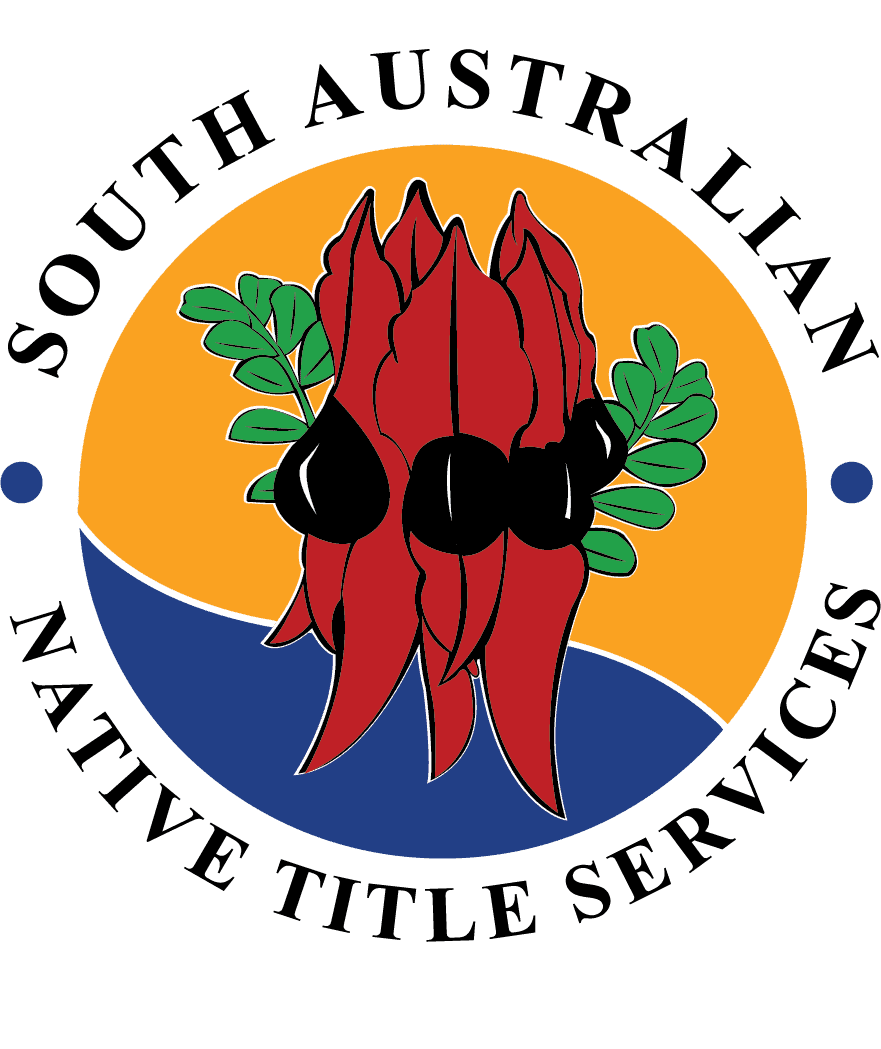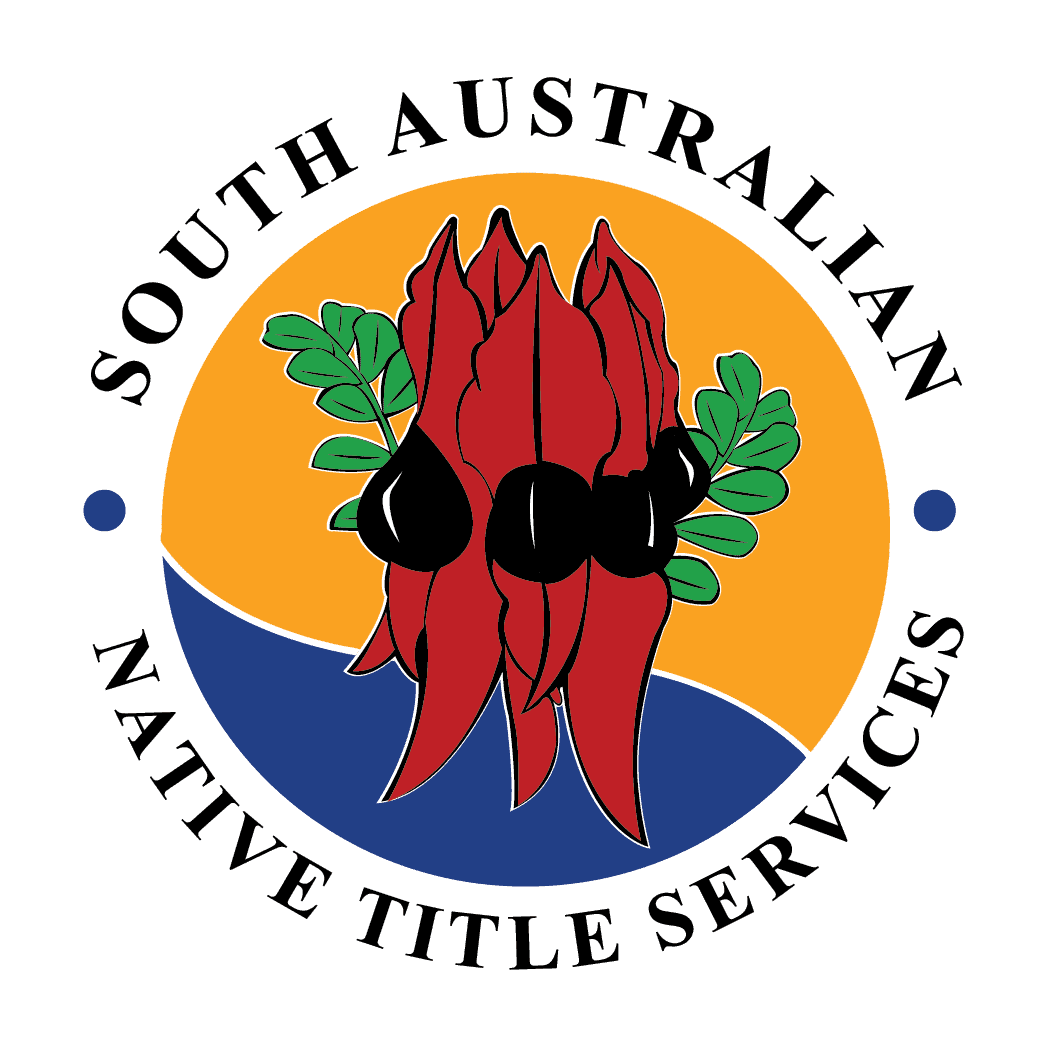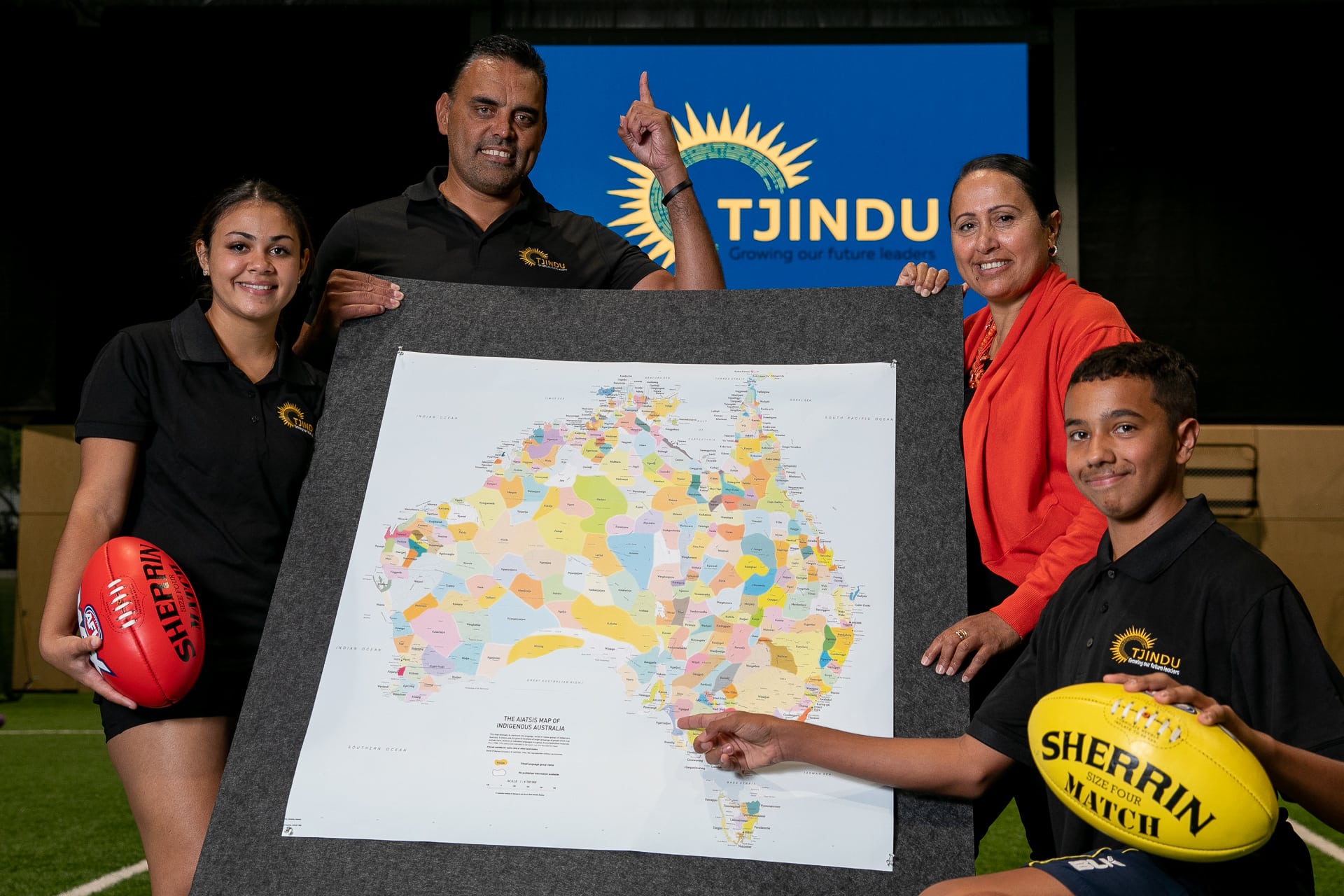For many Aboriginal language groups across South Australia, the word ‘tjindu’ translates to sun or sunshine, so it was the perfect choice to name a foundation whose purpose is to help Aboriginal children and young people shine their brightest.
The Tjindu Foundation aims to build resilience, school retention and employment prospects for the Aboriginal students who participate in their engagement and cultural education programs.
When April Lawrie and Pauly Vandenbergh established the Aboriginal community-controlled organisation at the end of 2019/early 2020, they had no idea that activities would quickly come to a grinding halt, given a certain global pandemic – before they’d really even got started.
But as their roles as South Australia’s Commissioner for Aboriginal Children and Young People, and the National Diversity Talent Manager at the AFL respectively would suggest, this did not stop April and Pauly.
“That’s basically the bottom, isn’t it? If you can get through that, you should be all good going up from there!” laughed Pauly about the difficult beginning.
Now, two and a half years later, Tjindu Foundation, which is funded by a mixture of federal, state and corporate support, employs four Aboriginal staff members (three full-time). Five of their eight board members are Aboriginal, and they have successfully negotiated three teachers from the Department of Education to write their curriculum two days a week.
“All our programs are linked back to curriculum, so negotiating with the Education Department became really critical,” said Pauly.
“We’re not teachers. We like to think we’re teachers in another way, but we were really keen to get real teachers to write the content we’re delivering for the whole year so that students can get credits towards their SACE. We’ve got some amazing curriculum now that talks about our culture and identity, our history, understanding other people’s history, languages. You can see this pride in the students, learning about their own culture and their own history. Some of the reports they’re writing and handing up to us are really inspiring. That’s what we’ve always wanted to do in this space; have Aboriginal people writing our curriculum, delivering it to Aboriginal students; empowering them.”
And Tjindu’s programs are empowering students to shine.
There’s the Aboriginal AFL Academy, which, in partnership with the SANFL and the Department for Education provides the opportunity for 70 male and female students to come together each week to complete a unit in Aboriginal Studies (Stage 1 or 2) or an Integrated Learning Subject (Stage 1) as part of their SACE.
Every Tuesday the Year 10, 11 and 12 students travel from wherever they are based around Australia (many from remote communities are boarding in Adelaide), to a room overlooking Adelaide Oval where they learn about Aboriginal culture and history, followed by football training.
“We’ve targeted students from South Australia, but we still have others coming down from places like Alice Springs, Darwin and Halls Creek (WA). We even have students who drive down from Port Augusta every Monday night to attend on a Tuesday,” Pauly said.
“There’s a huge amount of commitment, so it’s important that our program is highly engaging. We can’t have down days – ever – because we have students travelling really long distances to attend.”
The Foundation hosted tryouts for 120 students from around the country in November 2021, and they had to choose 70 students to make up both male and female teams from there.
“It was a real challenge to choose the students from that trial!” said Pauly. “We targeted the older students first, then filtered back from there. We have had a few drop out as they’ve transitioned into employment, but if the option to continue while working is there, then we will support that, too. Overall, it’s going really well.”
It certainly seems to be, as eight AFL Aboriginal Academy graduates have now been recruited to elite clubs.
“They’ve come through the SANFL and other programs, not just ours, but it’s great for other kids that come through the AFL Academy to see them as role models.”
Up to 30 more spots will open up for Year 10 and 11’s to transition into the Academy come November.
“We have a legitimate challenge in that our kids are coming to us and not to school. We can smile for a second and think ‘that’s kinda cool’, but that’s not what we want; we want our kids to be attending school! But that does say something about the safety we’re creating at the Foundation. We’re still working through that part, but for now, at least they’re coming to something with a learning environment.”
Tjindu Foundation’s second main program, Tjindu Strong, used to be referred to as ‘willpower’.
The sole focus of Tjindu Strong is to improve school attendance in the 11 schools involved, which are all based in remote communities across the APY and Maralinga Lands.
It’s been a real challenge to get into those communities over the past couple of years due to biosecurity measures in place from Covid. Pauly says they have managed to create a balance between travelling to communities and engaging in person and using online platforms to connect with the students and work through an interactive booklet together.
“It’s not the same as face to face, as they want to kick a footy around with us, but it’s still really engaging and is well received. We incentivize it too; if they complete their booklet, they might get a footy or some shirts or something,” said Pauly.
“That’s the program that, for all of us I think, April included, just fills our cup. Trying to help remote kids navigate their way through this world and through the western world.”
Various corporate organisations have partnered with Tjindu to deliver content through this program, such as a workshop about quitting smoking through Quitskills, and a cyber safety course through NBN. They’re currently working with the Adelaide Crows Foundation to deliver a STEM program, which aims to steer students towards STEM-oriented career paths.
The Foundation also offers cultural awareness training and assists organisations with their Reconciliation Action Plans (RAPs) through their consultancy arm, which is quickly growing. They’ve had a contract in place with SA Water for some time around this, and now BHP has signed a major contract for cultural awareness training.
“We think that’s really important work, but our focus is still on the young people,” said Pauly.
“We feel like there are a lot of kids missing out. I think there’s a real gap for students in Years 7 to 9 for instance, so we’ve started work on a program that will focus on culture, identity and history for that age group, which could help shape their thinking, particularly around things like their subject selections. Hopefully, some of them can then transition into the Academy later – not the end goal, but still a possibility.”
Tjindu Foundation hopes to get more corporate Australian companies on board to support programs such as this, which are focused on creating a safe space for Aboriginal students to learn about their culture and, ultimately, prepare them for life beyond school.
“Learning about their culture and heritage can be quite new for some of the students we work with, but it varies a lot,” said Pauly.
“But that’s the great thing about having a whole bunch of Aboriginal kids come together – they can all learn off each other. They all come with different experiences and knowledge; we just help massage that. We don’t give them the answers; this is about them researching and going back to their families and communities and asking questions. But it’s incredibly empowering for them to start working out who their mob are, where they come from, what their stories are, what their totems are, what their language is and if they have any dreaming stories attached to their people. I guess we want them to believe that anything’s possible, but sometimes you just have to show them.”
And it’s worth noting that they’ve sold even more donuts through their partnership with Villi’s for NAIDOC Week, since this interview was recorded!
Find out more about their work or get in touch at tjindufoundation.org.au.



 Protected by Patchstack
Protected by Patchstack